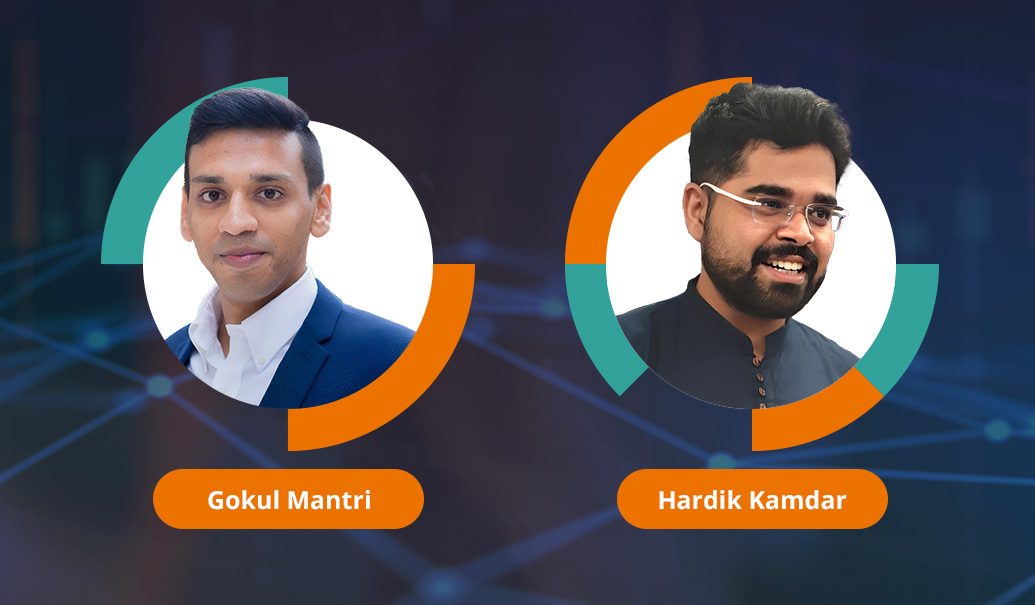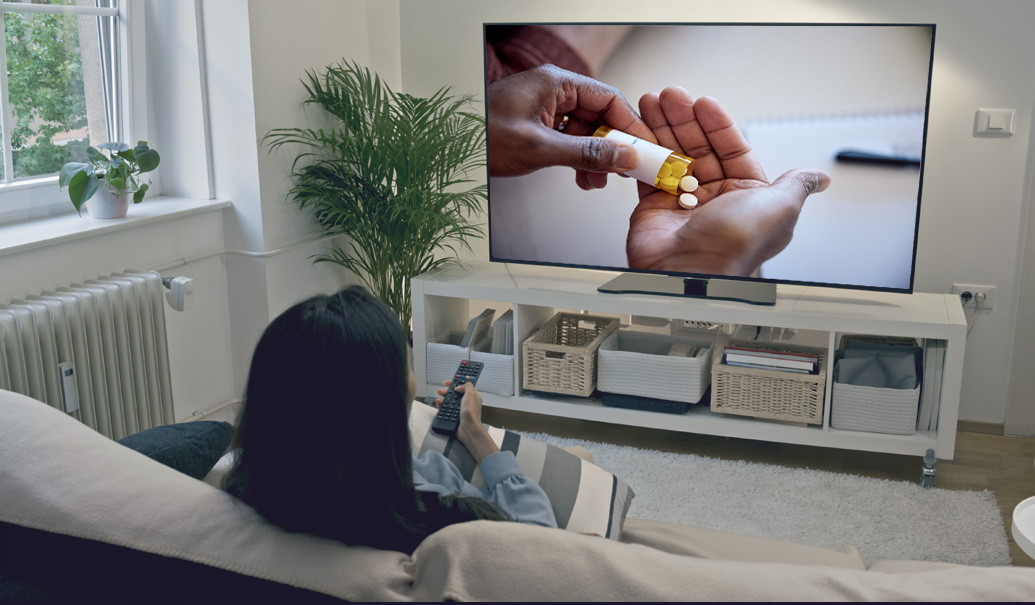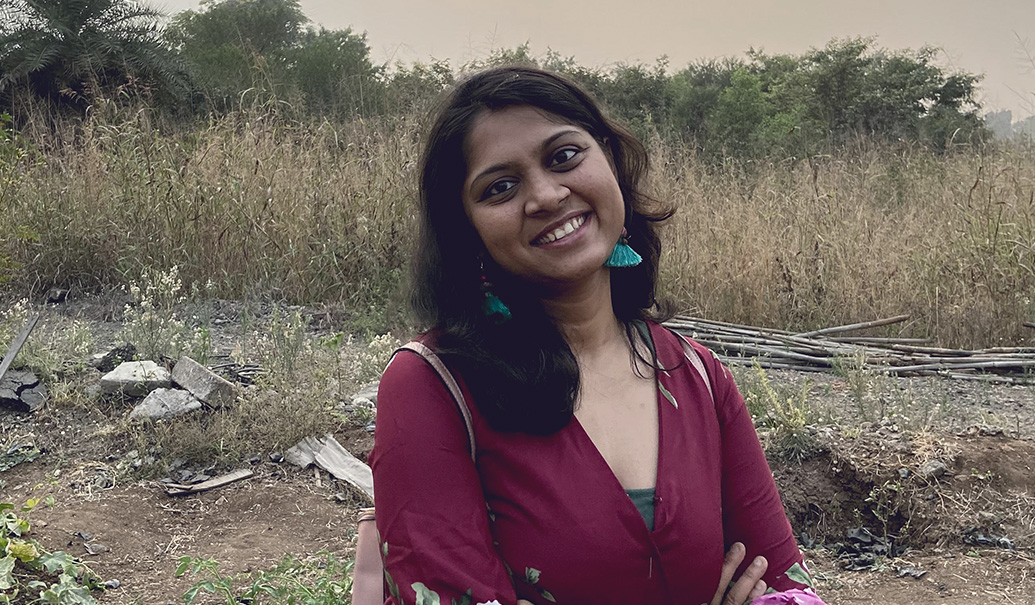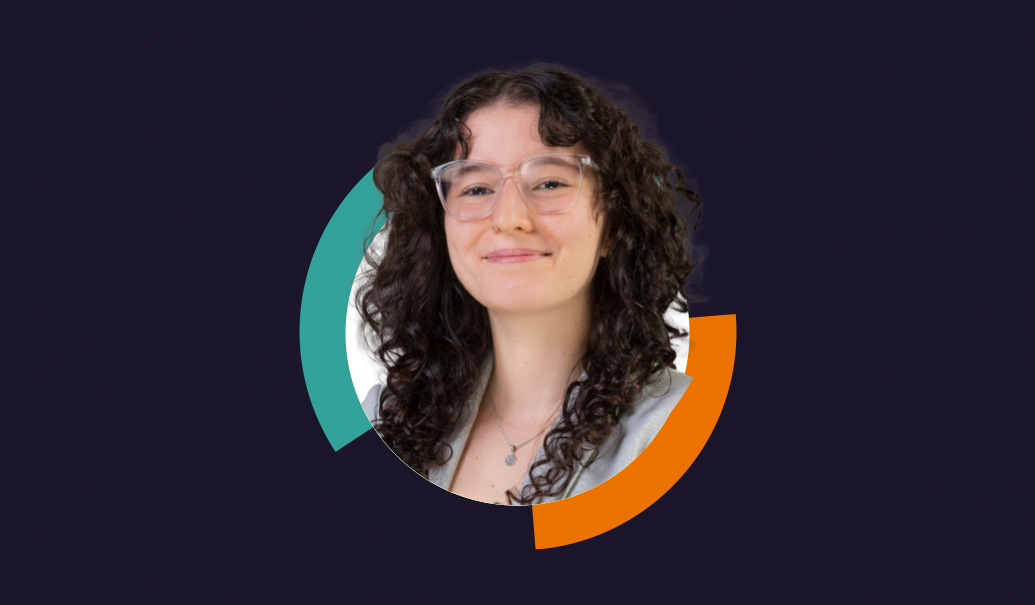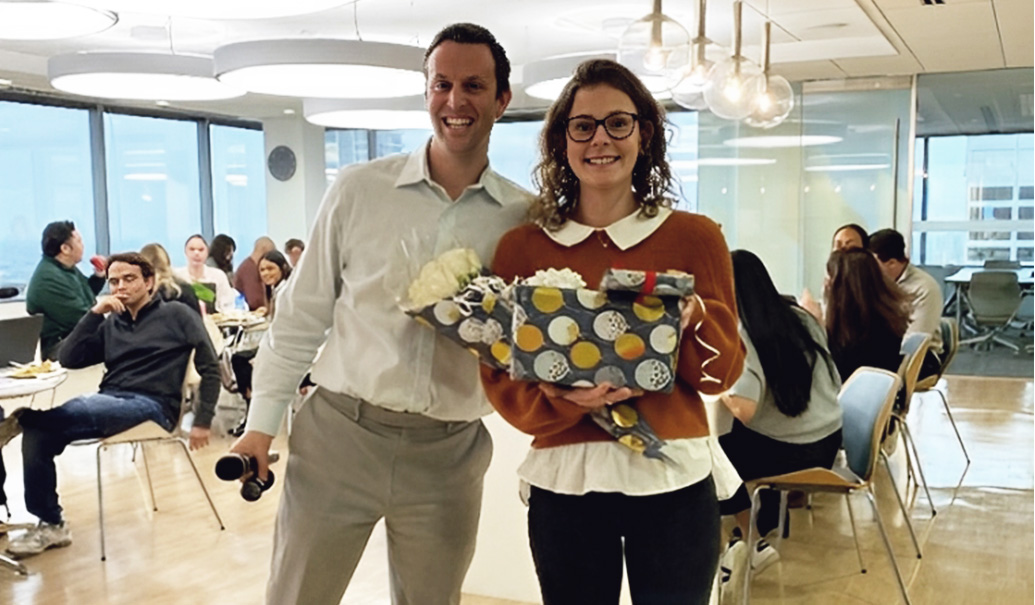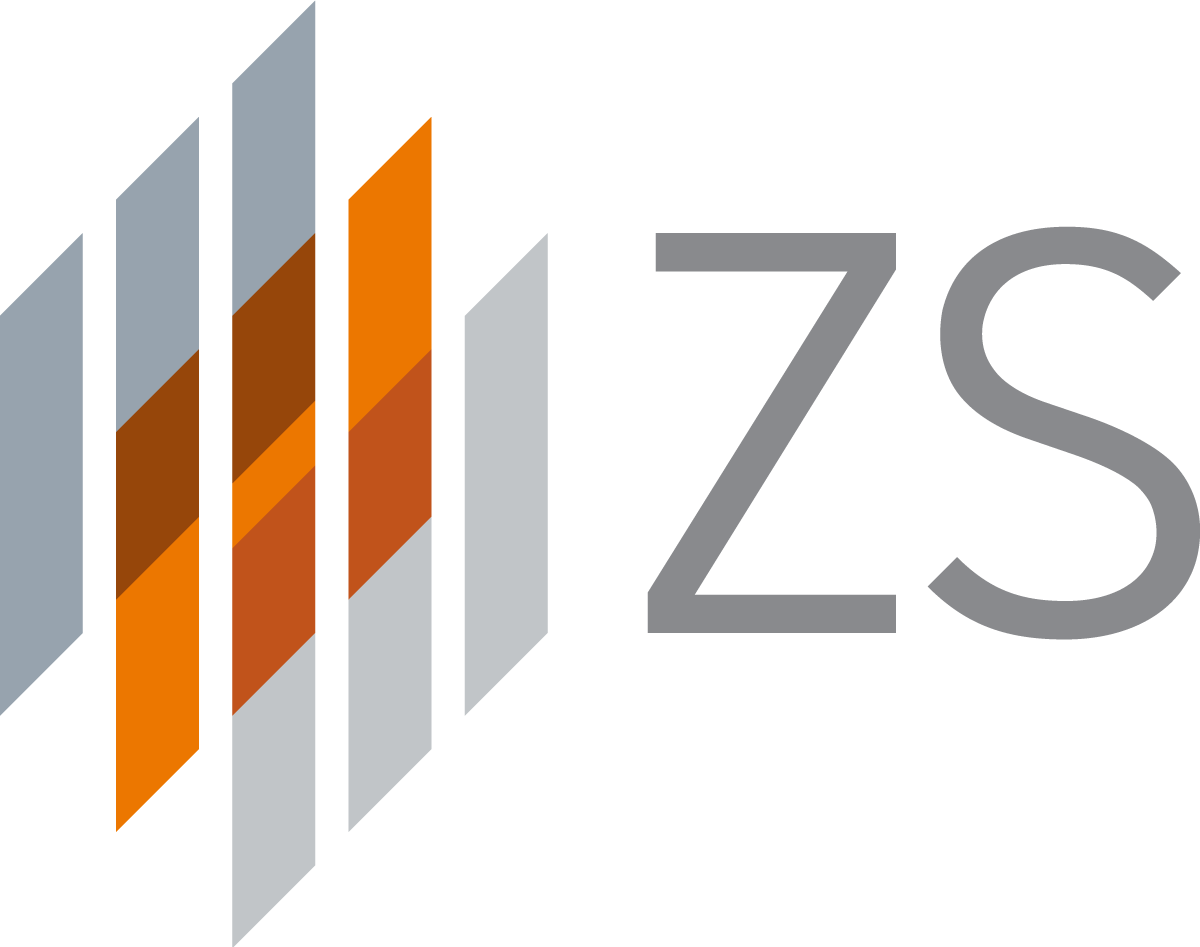As part of our ESG strategy, ZS is dedicated to delivering healthy, fair and sustainable results. We partner with clients and communities to address the drivers of health, manage our climate impact, maintain data security and privacy and govern our firm with diverse, equitable and inclusive practices.
One such practice is our patient health and equity accelerator, where Associate Principal Nan Gu uses his passion to explore and understand social drivers of health and their impact on health outcomes.
Where passion changes lives
Nan first joined ZS as an associate consultant after obtaining a Ph.D. in theoretical physics. He uses this expertise to predict how the healthcare ecosystem might change in three to five years. Then, he and his team integrate those findings into current client projects, keeping ZS and our clients on the leading edge of innovation.
“My work looks at unstructured, unsolved problems that have factual basis in reality,” Nan explains. “My team and I work to create a model with predictive power. Once you understand how a system works, you can act upon it to get the outcomes you want.”
As he and his team explored how their clients could best navigate the healthcare ecosystem, a large area of unmet need became clear—individuals and entire populations are disproportionately affected by higher rates of disease, illness and death because of one or several social drivers of health. Not long after, the COVID-19 pandemic made these health disparities more blatantly apparent and became a core topic of conversation for healthcare professionals. Now, the issue of health equity is being explored in and outside of healthcare.
“Everybody wanted to know about health equity, both clients and internal ZSers,” Nan says. “I was fortunate that one of our senior principals, Judith Kulich, invested her time and started working from an external partnership perspective. Together, we collaborated and developed what is now known as the patient health and equity accelerator.”
While Judith leads the accelerator, Nan leads ZS’s commitment to health equity. To describe his work, he says health equity at ZS has three main pillars. The first pillar is ZS Cares, our pro bono program where we partner with nonprofit organizations to address drivers of health disparities and provide them with skills and offerings that we typically sell to clients. The second pillar is the health equity work we do with our clients across healthcare to help hone strategy, develop insights and implement tactics with the goal of health equity. The third pillar involves investing in strategic partnerships throughout and beyond healthcare, bringing clients and partners with us on our journey to improve health outcomes for all.
“I'm a theoretical person studying health equity and that's not enough,” Nan says. “In order to have patient impact, I want to work with organizations that are out there doing the last mile, interacting with the people that we’re trying to help.”
Right now, Nan is working on two major projects. The first is a ZS Cares partnership with 3rd Street Youth Center & Clinic. This community-based nonprofit serves young people ages 12-24 and works to ensure the residents of Bayview Hunters Point have access to the same opportunities for healthcare, employment and education as other youth in San Francisco. Nan and his team are helping the organization navigate funding more effectively so the nonprofit has more money and time to focus on helping their community.
His second project is with Dr. Daniel Fein at Montefiore Medical Center to understand how unconscious bias affects asthma treatment in Black communities. Unconscious (also known as implicit or hidden) biases are the attitudes and stereotypes—both favorable and unfavorable—that can disproportionately affect minority communities. And these biases often negatively affect patients’ health outcomes.
“We found that in some cases, if you equitize two people or two groups of people with everything except for the doctor-patient interaction, you still get different health outcomes,” Nan explains. “This comes down to the unconscious bias of doctors and healthcare professionals.”
While the unconscious bias study is still actively underway, Nan is optimistic that this research will improve treatments and health outcomes for asthma patients in underserved communities. Partnering with clients and nonprofits across the globe is just one of the many ways ZS is championing health equity and improved health outcomes for all.
To learn about the positive impact ZS drives through client partnerships, follow us on social media.
Life at ZS
Add insights to your inbox
We’ll send you content you’ll want to read – and put to use.







